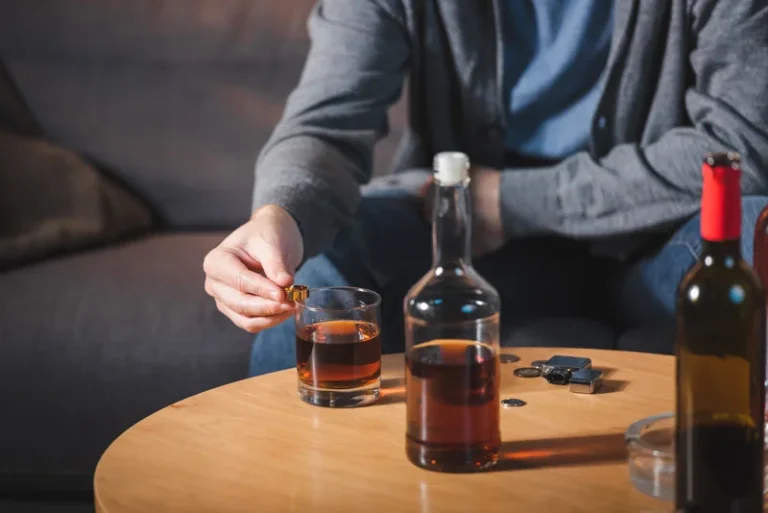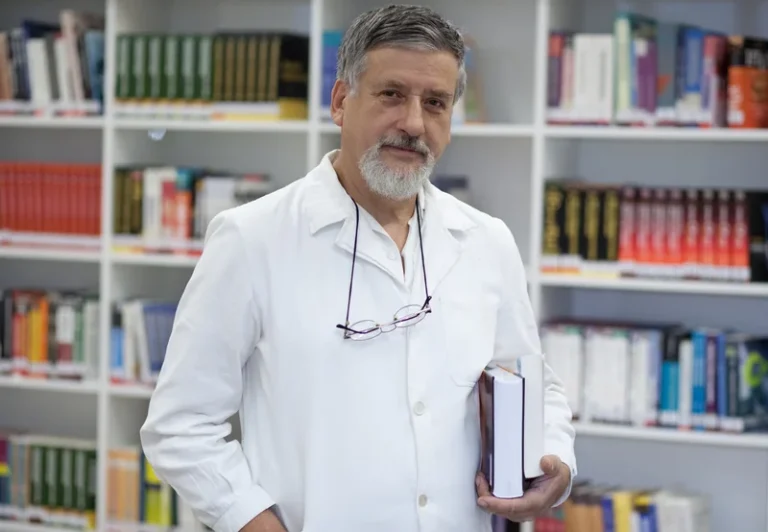If withdrawal symptoms occur, medical professionals are available to treat the symptoms. In addition to making withdrawal more comfortable, this reduces the risk of relapse. Following detox, you usually enter an alcohol or drug rehab program for intensive psychological therapy. Alcohol and drug rehab typically occurs as part of a 28-day addiction program. The first step of medically supervised detox is evaluation and assessment.
- Inpatient detoxification is typically broken down into phases to ensure safe, appropriate care.
- Such methods may include hydration, eating a clean and balanced diet, practicing mindfulness and avoiding harmful substances.
- The length of a medical detox varies depending on individual factors, such as what drug was abused and how long, as well as the patient’s medical history.
- While some (although certainly not all) physical symptoms can be addressed to a limited extent in this process, mental health impacts generally cannot be.
- Some insurance policies may limit your care providers or may want you to contribute to the cost.
- Some withdrawal symptoms may be dangerous, so those who detox cold turkey at home should have someone with them at all times and be prepared to visit the ER if dangerous symptoms occur.
liver detox+
The addicting drug causes physical changes to some nerve cells (neurons) in your brain. People use cannabis by smoking, eating or inhaling a vaporized form of the drug. Cannabis often precedes or is used along with other substances, such as alcohol or illegal drugs, and is often the first drug tried. The risk of addiction and how fast you become addicted varies by drug.
Struggling With Gut Health? Discover The Essential Vitamin You Might Be Lacking
- With the right medical detox program, these complications can be monitored and mitigated.
- Some people who don’t require a lot of supervision might simply check in with their regular doctor’s office or a home health agency at scheduled intervals during their detox.
- One of the most pervasive myths is that a simple cleanse, such as a juice fast or a short-term diet, constitutes a real detox.
- Overcoming drug addiction is a journey; moving on from detox too quickly can leave traces of the substance in a person’s body.
Even if you are eager to launch into a treatment program, it’s vital to flush the toxins from your system before you get started with recovery properly. The Recovery Village Cherry Hill at Cooper offers comprehensive addiction treatment for drug and alcohol addictions and co-occurring mental health conditions. Medication-assisted treatment (MAT) involves using medications like methadone, buprenorphine and naltrexone to gradually transition away from dangerous drugs.
- If you relapse and consume the amount you were used to taking, your risk of overdosing increases.
- But if they can stay strong with the help of medical supervision, their mood swings are likely to abate, along with the other withdrawal symptoms.
- The first step is for a provider to get to know the person who is seeking help.
Potential dangers of detoxing
Call now to speak with a representative about supervised medical detox and if detoxing in a medical facility is the best option for you. “Detoxification” means to remove harmful substances from the body, primarily with the help of the liver. A detox can be metabolic, requiring a person to fast and then add back in a strict diet of clean foods and water; however, there’s little evidence to suggest that drug detox detox diets actually work. Medical detoxes are frequently used to treat people with addictions. Supervised by medical professionals, these detoxes allow individuals to reduce their withdrawal symptoms long enough for their bodies to adjust to life without alcohol or other addictive substances. The FDA-approved medication works by blocking the effects of opioids and reducing the urge to drink.
Poppi faces lawsuit over its gut health claims
The treatment team will evaluate and run tests for physical and mental health. After discussion with you, your health care provider may recommend medicine as part of your treatment for opioid addiction. Medicines don’t cure your opioid addiction, but they can help in your recovery. These medicines can reduce your craving for opioids and may help you avoid relapse.

What Happens to Your Body During Drug Withdrawal?
Opioid Withdrawal


Leave a Reply